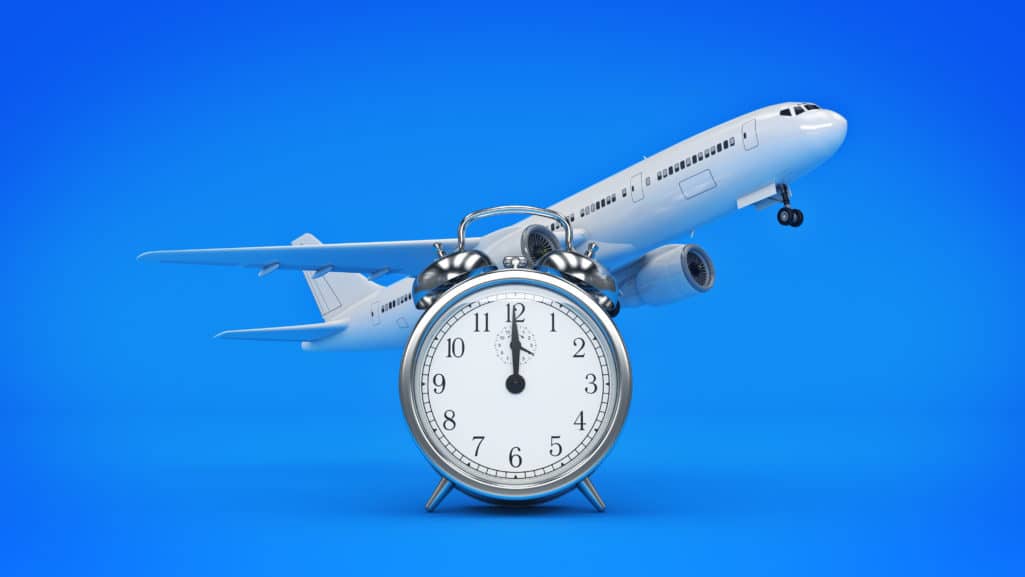The Supreme Court of Nova Scotia recently reaffirmed a lower court decision, Paine v. Air Canada, 2018 NSSC 215, which considered Air Canada’s passenger tariff (terms and conditions of travel). The court ruled that Air Canada was not required to compensate passengers who were denied boarding when they presented themselves at the check-in counter after the cut off time due to a lengthy line-up.
Three passengers were ticketed to travel on a domestic flight with Air Canada from Vancouver, BC to Sydney, NS. Upon arriving at YVR, they joined the queue to check-in. At that time, they were within the check-in time frame recommended by Air Canada. However, by the time they reached the check-in counter, they were informed that their flight was closed and they were denied boarding. The airline attempted to rebook them on a flight departing one hour later, but the family declined on the basis that this was inconvenient. Ultimately, they were rebooked to travel the next day. The family then commenced an action in the Small Claims Court seeking $800 for denied boarding compensation, relying upon Rule 245AC of the Air Canada Domestic Tariff. The Small Claims Court adjudicator dismissed the claim on the basis that the passengers had not established that they were denied boarding on the basis of overbooking. The passengers appealed.
On appeal, the court considered whether the adjudicator erred in his interpretation of Rule 245AC and his finding that the passengers had the onus of proving that the denial of boarding was based on overbooking in order to be entitled to compensation.
On appeal, the court found there was no error by the adjudicator in interpreting the tariff. The language was clear and the remedies set out in the Rule only arose when “overbooking” is the cause of the involuntary denied boarding. The court was not prepared to find that the Rule applied to denied boarding due to a check-in delay. Further, the court went on to find that in order to succeed with a claim for denied boarding compensation pursuant to Rule 245AC, the claimants had the onus of presenting evidence to establish, on a balance of probabilities, that they were denied boarding because of overbooking. Here, the claimants had failed to do so and their appeal was dismissed.
The decision confirms that clear and unambiguous terms and conditions of carriage will be applied and highlights the importance for passengers to allow sufficient time for check-in.




